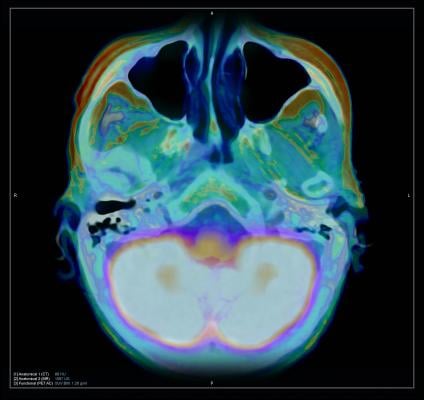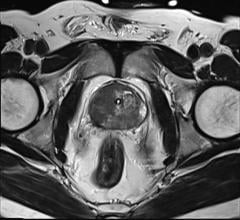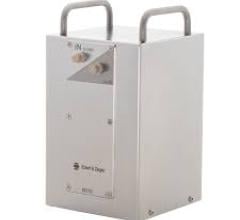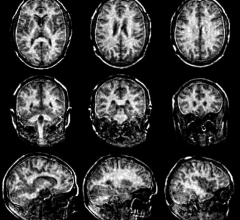
October 27, 2017 — The Michael J. Fox Foundation for Parkinson's Research (MJFF) and the Tau Consortium announced a funding partnership to accelerate development of novel positron emission tomography (PET) imaging tracers for the detection of the alpha-synuclein and tau proteins in the living brain.
Several neurodegenerative diseases — Parkinson's disease, Lewy body dementia, multiple system atrophy, progressive supranuclear palsy and frontotemporal dementia, among others — involve the aggregation of alpha-synuclein and/or tau. Tools to detect the location and abundance of these proteins would improve clinical care and speed drug development by allowing earlier and more definitive diagnosis, more precise trial subject selection, and more efficient and conclusive therapeutic impact assessment.
"The ability to monitor disease, potentially even before symptom onset, would revolutionize the patient care experience and the pace of drug development," said MJFF CEO Todd Sherer, Ph.D. "This partnership with the Tau Consortium will bring us closer to that goal."
Patrick Brannelly, program director of the Tau Consortium, said, "The process of developing a new PET tracer is challenging, complex and iterative. It makes sense for nonprofits and industry to pool their resources in pursuit of success."
Under this new partnership, the Tau Consortium and MJFF will convene and co-fund a team of leading scientists who will closely coordinate their development of compounds that may bind to alpha-synuclein or tau. Gil Rabinovici, M.D., of the University of California, San Francisco, will direct the initiative. The inaugural grantees are Chester Mathis, Ph.D., director of the University of Pittsburgh PET Facility, and Neil Vasdev, Ph.D., co-founder of MedChem Imaging LLC.
"It's an honor to work alongside these outstanding investigators and as the director of such an important initiative," said Rabinovici. "Presently, these protein aggregates can be measured only at autopsy. Our field needs better tools to enable earlier intervention with potentially disease-modifying treatments."
PET tracers to evaluate protein load in the living brain would allow clinicians and researchers to diagnose people in prodromal or early disease stage, leading care decisions and earlier intervention with potentially disease-modifying treatments. A hypothesis for why some drugs in testing fail is that study participants are too advanced in the disease; a nuclear imaging tracer would allow testing in earlier-stage volunteers. Additionally, data from PET tracers would allow researchers to evaluate the biological impact of their candidate drugs.
Given the importance of this technology, MJFF and the Tau Consortium have invested significantly in this area of research. For example, The Michael J. Fox Foundation is supporting other projects pursuing an alpha-synuclein PET tracer and last year announced a $2 million prize to the first group to develop a viable selective tracer and agree to make the tool available broadly.
For more information: www.michaeljfox.org, www.tauconsortium.org


 April 10, 2024
April 10, 2024 






![(A) PET images of [68Ga]Ga-DOTA-ZCAM241 uptake at baseline and 3, 7, and 12 days after injection as inflammatory arthritis developed in single representative individual mouse. Images are normalized to SUV of 0.5 for direct comparison between time points. (B) CD69 immunofluorescence Sytox (Thermo Fisher Scientific) staining of joints of representative animals during matching time points.](/sites/default/files/styles/feed_medium/public/PET%20Tracers.jpeg?itok=P5Di6MIe)

